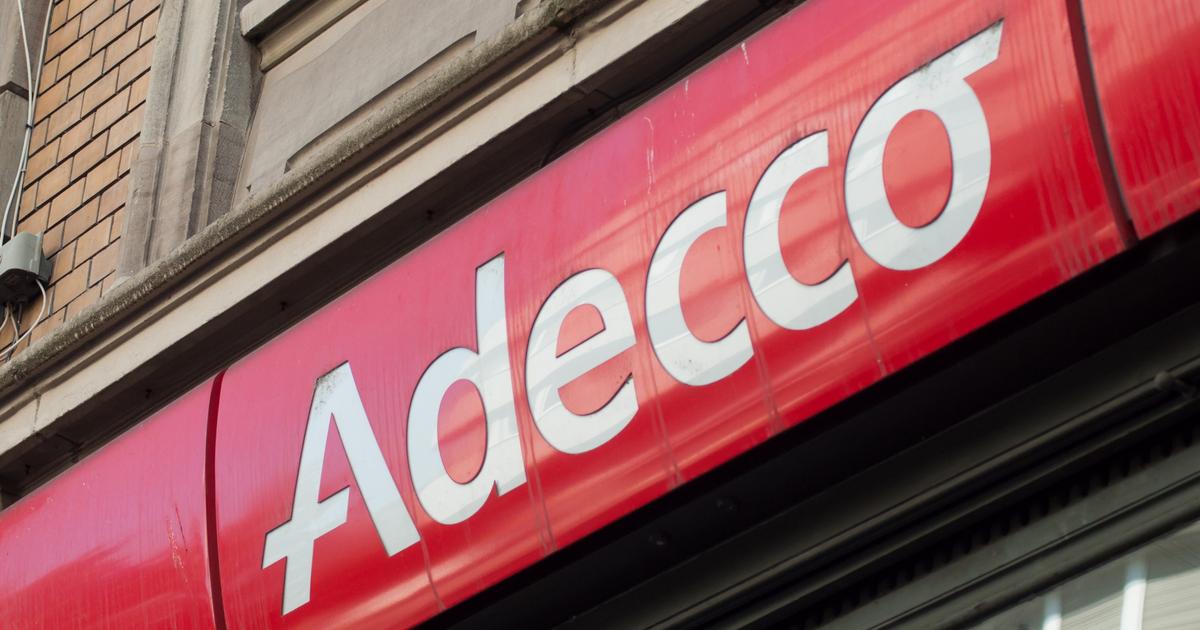The boards are seeking operational baggage to help address the challenges posed by the pandemic.shironosov / Getty Images / iStockphoto
The pandemic has not only left its mark on the economy and the business fabric. The boards of directors have also been dragged down by the covid. Its members seek a new purpose aligned with the society that has emerged from the crisis that is more committed to the environment and less wasteful. And new profiles that accompany them in this turn. This has been shown in the signings of advisers made during 2020 in companies listed on the main European Stock Exchanges, which were mostly active executives, thus displacing traditional retired professionals with extensive management background, as stated derived from the
Board Monitor Europe
2021 report
Heidrick & Struggles, which highlights that 52% of the newcomers are practicing managers, 54% in the case of women.
In Norway this percentage reached 89% and in Spain 74%.
More information
When experience is more than a degree
In a year of chaos, financial supervision and good governance were crucial, according to the study that analyzes the 843 appointments that took place in 2020 in the 14 main European stock markets (50 in Spain). Incorporations that, as in 2019, were quite balanced in gender (52% men and 48% women). "With a world that is moving faster and faster, the market demands are focused on people who are as connected to reality as possible and who are up to date," appreciates Stefano Salvatore, general manager of the talent scout in Spain. Investment funds demand active financial managers, with very up-to-date knowledge to address the turbulent times of the covid, he explains.
At the same time, companies give their executives more freedom to serve on external boards of directors, something that encourages new points of view, a more diverse thinking, benefits for corporations given the increasing economic complexity. Although many of them, clarifies Maite Aranzabal, vice president of Adolfo Domínguez, by contract they limit their participation to a single board due to the high dedication required by executive positions that, in her opinion, are rejuvenating corporate decision-making bodies.
The boards are seeking additional operational baggage to help with the challenges posed by the pandemic.
Carmen de Pablo, Gestamp's financial director, has been sitting on Viscofan's board since last year.
He believes that “managers enrich because we bring experience and knowledge from day to day.
In addition, many of the cases that we see in Viscofan are similar in Gestamp, both industrial companies, focused on Industry 4.0 and international presence ”.
De Pablo believes that the contribution runs in both directions, especially in a troubled moment in which organizations increasingly share their practices.
Regulator voltage
But the entry of a CEO or CFO of one company on the board of directors of another also has drawbacks. "In many countries it is creating some tension with regulators, who are concerned about executive overload, and it can also lead to conflict if an executive changes roles," says the Heidrick & Struggles report. "There are listed and above all unlisted companies with a presence in their capital of investment funds that are concerned about the incompatibilities of the executive directors", warns Salvatore. And he returns to the burden on the demands and responsibilities associated with managerial tasks, which make it difficult to devote time to governing bodies of other companies.Carmen de Pablo recognizes that time management to do things well on both fronts only allows her to be part of an external board of directors. And he believes that the pressure on executives comes more from shareholders, investors and
proxy advisors
.
In Spain, however, a good part of the managers who have been signed by decision-making bodies of other companies come from the academic world, public entities or foundations, where the positions are not as absorbing as in listed companies, Salvatore appreciates.
More information
14 of the 35 Ibex companies still fail to comply with the gender quota on their boards, five less than a year ago
The other two focuses in the incorporation of directors in Europe during 2020 have been diversity and sustainability. While 12% of the managers hired were sustainability experts to respond to the context of the pandemic and the greater social focus on the purpose of companies, women became the protagonists of hiring for the second year in a row. In fact, in Denmark the advisers have accounted for 61% of the signings. In Spain, the second most relevant country has given the hiring of women, 58%, and in Ireland, despite being the one with the least, it reached 31%.
The boards of directors of France and Germany, which comply with gender quotas, are now focusing on other forms of diversity, a trend that is being seen in more countries and that the headhunter hopes is to add, not to exchange diversity. for other.
You are beginning to see more foreign advisers (40% of the total). In Spain, companies are beginning to open their hands, it is not necessary for the candidates to be nationals, they do need to speak the language, and they do not have to have 10 years of experience as administrators, explains the director of Heidrick & Struggles. And half of international clients are asking for the final shortlist of candidates to be diverse. "Diversity contributes, and it is beginning to be noticed that the councils introduce diversity of age, nationality, knowledge, gender and even race, sexuality, different capacities or social class", supports Maite Aranzabal. “It is very positive that the councils are seeking to renew themselves in every way,” appreciates De Pablo.
After 15 months of covid, these bodies are focused on rethinking the business strategy, says Aranzabal.
With the focus on becoming agile companies that work on
start-up-
style projects
and digitizing the business.
Strategic positioning, sustainability and digital transformation are the highest on the councils' agenda, adds De Pablo.
Shadow administrators
The robot portrait of first-time directors signed up in European listed companies during 2020 corresponds to that of a 56-year-old person on average (52 in Norway and 60 in Portugal); in a third of the cases, with experience as CEO, and in 6 out of 10, as a member of boards of directors. 41% of them have international experience.
Along with these standard advisers, others are beginning to emerge. Companies, especially British, are calling for young executives with the potential to be seated to discuss real company problems under the leadership of a member of the board, in what Heidrick & Struggles calls shadow boards. They have the preparation and expectations of the rest of the directors, so it is very possible that they will be the next members of the body.

/cloudfront-eu-central-1.images.arcpublishing.com/prisa/5X3J4KWTQJGQRIMIRBKMJ3S474.jpg)


/cloudfront-eu-central-1.images.arcpublishing.com/prisa/KUBXLJY3SVA6TBUTWFC2F6X5WI.jpeg)




